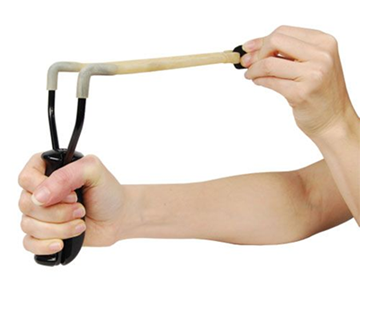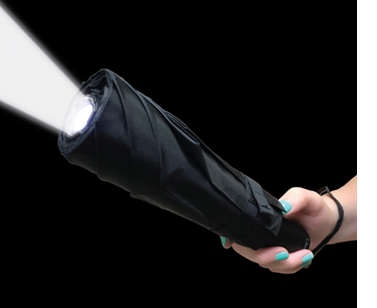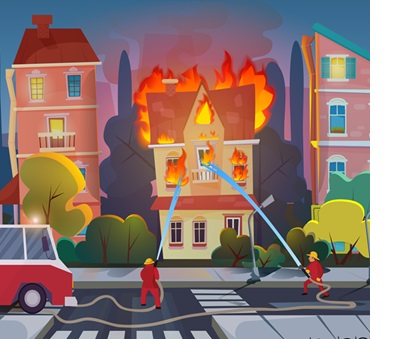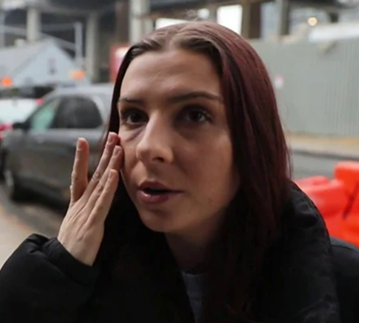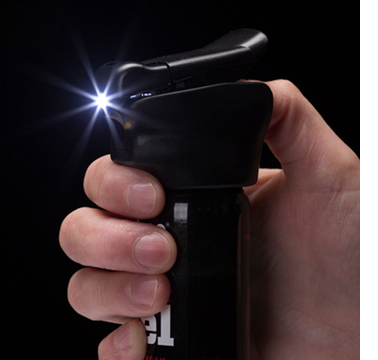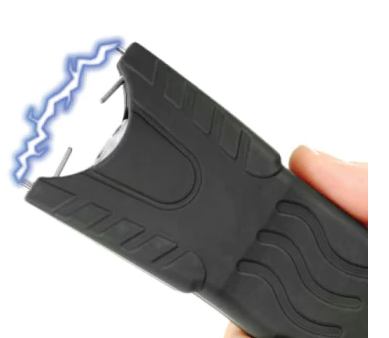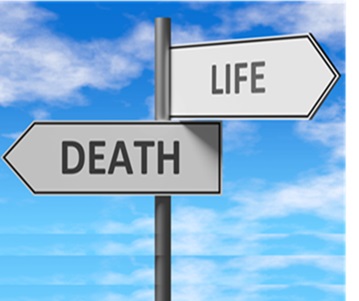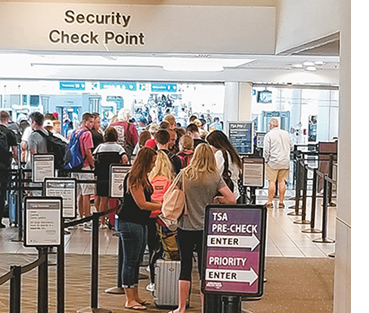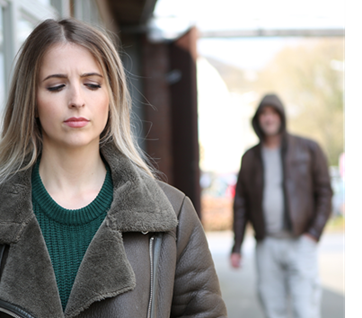Overcoming the Trauma of a Violent Assault
 Experiencing a violent assault is a deeply traumatic event that can leave lasting emotional, psychological, and physical scars. The aftermath of such an ordeal can be overwhelming, but it's important to remember that healing and recovery are possible. In this blog post, we'll explore various strategies and techniques to help survivors overcome the trauma of a violent assault and reclaim their lives.
Experiencing a violent assault is a deeply traumatic event that can leave lasting emotional, psychological, and physical scars. The aftermath of such an ordeal can be overwhelming, but it's important to remember that healing and recovery are possible. In this blog post, we'll explore various strategies and techniques to help survivors overcome the trauma of a violent assault and reclaim their lives.
Understanding the Impact of Violent Assault
Before delving into strategies for overcoming a violent assault, it's crucial to understand the profound impact it can have on survivors. Violent assaults can shatter one's sense of safety, trust, and well-being, leading to a range of emotional and psychological symptoms such as:
- Post-Traumatic Stress Disorder (PTSD)
- Anxiety and Panic Attacks
- Depression
- Flashbacks and Nightmares
- Feelings of Guilt and Shame
- Hypervigilance and Avoidance Behaviors
These symptoms can be debilitating and may interfere with daily functioning and quality of life. However, it's important for survivors to know that they are not alone and that there is help and support available.
Seeking Professional Help
One of the most important steps in overcoming the trauma of a violent assault is seeking professional help. Therapists, counselors, and psychologists specializing in trauma can provide survivors with the support, guidance, and tools they need to navigate the healing process. Therapy modalities such as cognitive-behavioral therapy (CBT), eye movement desensitization and reprocessing (EMDR), and dialectical behavior therapy (DBT) have been shown to be effective in treating trauma-related symptoms.
Additionally, psychiatric medication may be prescribed to manage symptoms of anxiety, depression, and PTSD. It's essential for survivors to work closely with mental health professionals to find the right treatment approach for their individual needs.
Building a Support Network
Survivors of violent assault often feel isolated and alone in their experiences. Building a strong support network of friends, family members, support groups, and fellow survivors can provide invaluable emotional support and validation. Connecting with others who have experienced similar traumas can help survivors feel understood and less alone in their journey towards healing.
It's important for survivors to surround themselves with people who are compassionate, empathetic, and non-judgmental. Support groups, both in-person and online, can be excellent resources for connecting with others who can offer empathy, encouragement, and practical advice.
Self-Care and Coping Strategies
Engaging in self-care practices and coping strategies can play a crucial role in the healing process. While it may be challenging at times, survivors should prioritize their physical, emotional, and mental well-being. Some self-care strategies to consider include:
- Practicing mindfulness and relaxation techniques such as deep breathing, meditation, and progressive muscle relaxation.
- Engaging in regular exercise to reduce stress and improve mood.
- Maintaining a healthy diet and getting adequate sleep to support overall well-being.
- Expressing emotions through creative outlets such as art, writing, or music.
- Setting boundaries and practicing assertiveness in relationships to protect one's physical and emotional safety.
- Avoiding alcohol and drugs, as they can exacerbate symptoms and interfere with the healing process.
It's essential for survivors to be patient and gentle with themselves as they navigate the ups and downs of recovery. Healing from a violent assault is a gradual process, and it's okay to take things one day at a time.
Facing Triggers and Gradual Exposure
Triggers are reminders of the traumatic event that can evoke intense emotional and physical reactions in survivors. While it's natural to want to avoid triggers altogether, avoidance can reinforce feelings of fear and powerlessness. Instead, survivors can gradually confront triggers in a safe and controlled manner through a process known as exposure therapy.
With the guidance of a therapist, survivors can gradually expose themselves to triggers in a supportive environment, learning to tolerate and manage their reactions over time. This gradual exposure can help survivors reclaim a sense of control over their lives and reduce the power that triggers hold over them.
Finding Meaning and Purpose
Despite the profound pain and suffering caused by a violent assault, many survivors find strength and resilience in their journey towards healing. Finding meaning and purpose in the aftermath of trauma can be a powerful source of motivation and hope.
Survivors may choose to channel their experiences into advocacy, activism, or helping others who have been through similar ordeals. By transforming their pain into a catalyst for positive change, survivors can reclaim their sense of agency and empowerment.
Conclusion
Overcoming the trauma of a violent assault is a challenging and deeply personal journey, but it's one that is entirely possible with the right support, resources, and strategies in place. By seeking professional help, building a strong support network, engaging in self-care practices, facing triggers gradually, and finding meaning and purpose in their experiences, survivors can reclaim their lives and move forward towards a brighter future. Remember, healing is not linear, and it's okay to seek help and support whenever it's needed. You are not alone, and you deserve to heal and thrive.




